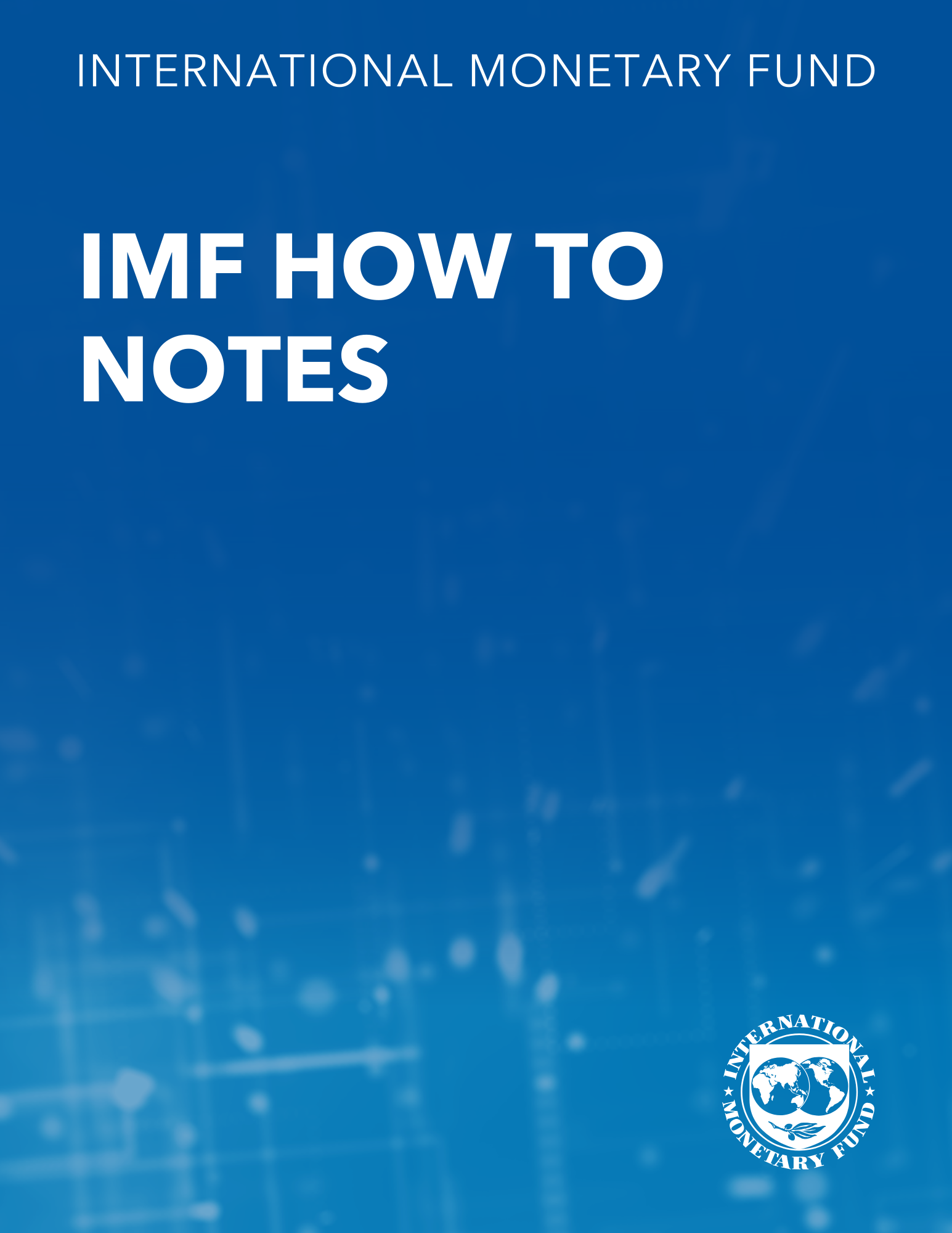Brazil: Tax Expenditure Rationalization Within Broader Tax Reform
September 24, 2021
Disclaimer: IMF Working Papers describe research in progress by the author(s) and are published to elicit comments and to encourage debate. The views expressed in IMF Working Papers are those of the author(s) and do not necessarily represent the views of the IMF, its Executive Board, or IMF management.
Summary
Subject: Corporate income tax, Personal income tax, Public financial management (PFM), Social security contributions, Tax expenditures, Tax incentives, Taxes
Keywords: Corporate income tax, cost of capital, Global, Labor tax wedge, Personal income tax, rationalization experience, sequenced tax reform, single tax, Social security contributions, Tax expenditures, Tax incentives, tax relief, zero rating
Pages:
46
Volume:
2021
DOI:
Issue:
240
Series:
Working Paper No. 2021/240
Stock No:
WPIEA2021240
ISBN:
9781513596624
ISSN:
1018-5941






